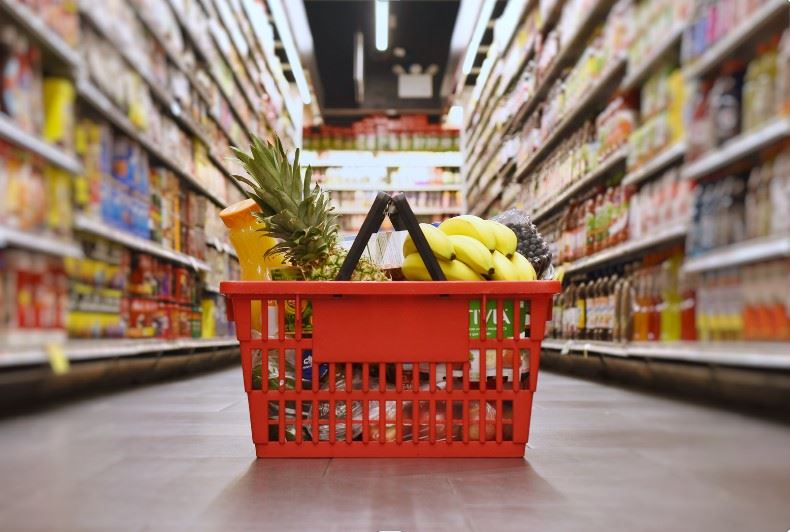 On a steamy July afternoon, West Garfield Park residents lined up at the Above & Beyond Free Food Pantry on South Pulaski Road. Moms with kids, seniors and young men brought bags to fill. Inside, volunteers handed out packages of Danish pastry and cookies “rescued” from local supermarkets, along with frozen chicken and cans of tuna and beans. [Crains Forum]
On a steamy July afternoon, West Garfield Park residents lined up at the Above & Beyond Free Food Pantry on South Pulaski Road. Moms with kids, seniors and young men brought bags to fill. Inside, volunteers handed out packages of Danish pastry and cookies “rescued” from local supermarkets, along with frozen chicken and cans of tuna and beans. [Crains Forum]
Since opening during the pandemic in 2021, the pantry’s customer traffic has increased by more than 25% a year, and that’s before changes to the federal food stamp program take effect as part of the One Big Beautiful Bill Act that President Donald Trump signed into law in July. Executive Director Ken Cozzi is bracing for a surge in demand as the pantry prepares to move to a bigger space a few blocks away. “We’re a big pantry, but we only have so many refrigerators and freezers,” he says.
The Illinois Department of Human Services estimates that 360,000 people are at risk of losing eligibility for the Supplemental Nutrition Assistance Program, or SNAP, which Illinois recipients access via electronic benefit transfer cards called Link. That’s largely due to stricter work requirements that will soon be imposed. The result, food experts say, will be greater food insecurity and stress on the distribution system. SNAP, once known as food stamps, is the nation’s most effective anti-poverty program for younger people, reducing extreme poverty by more than 50%, advocates say. It’s also a powerful economic multiplier.
More>
###
